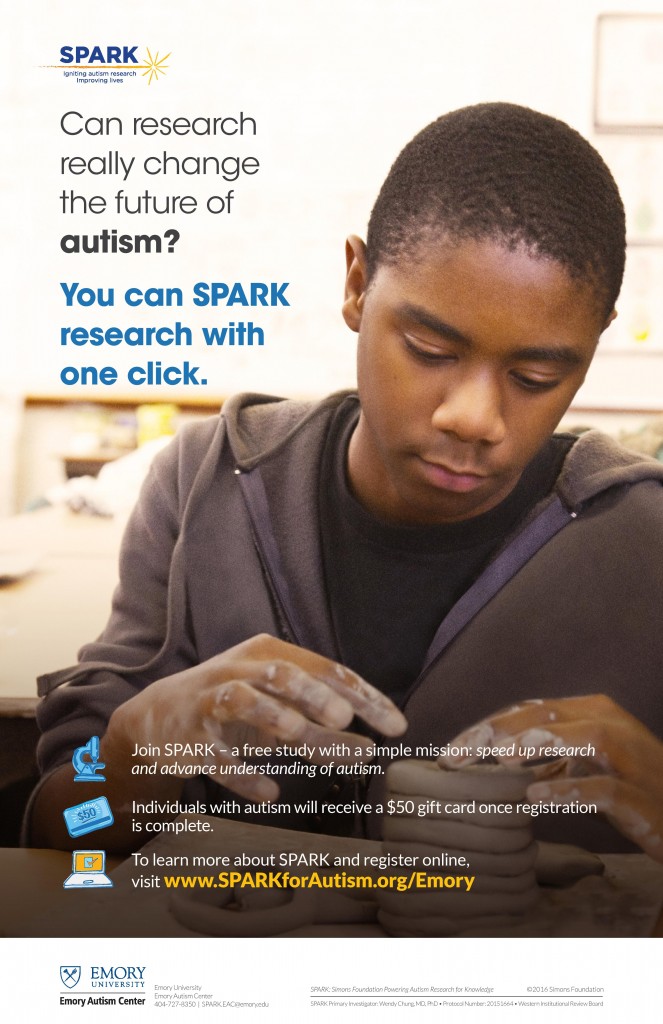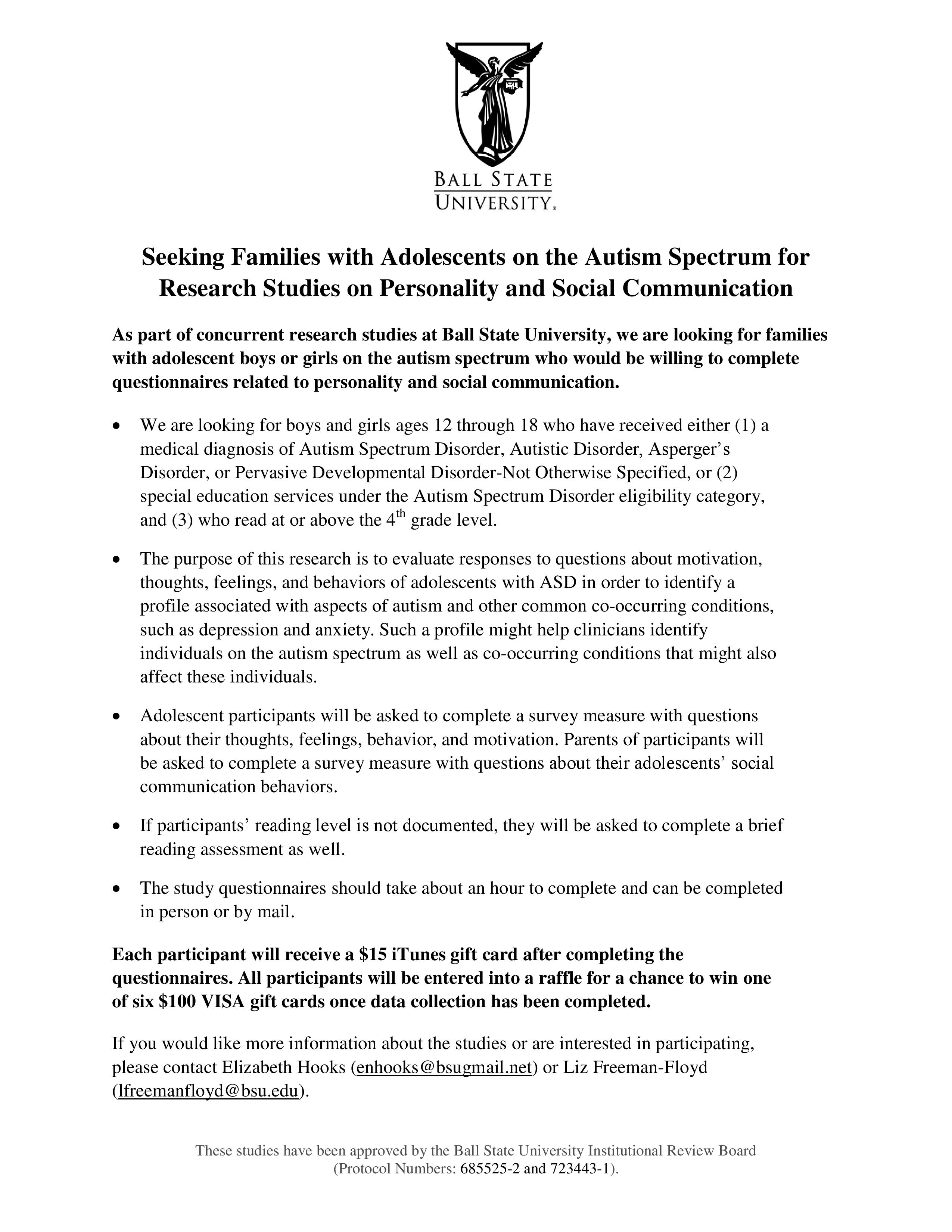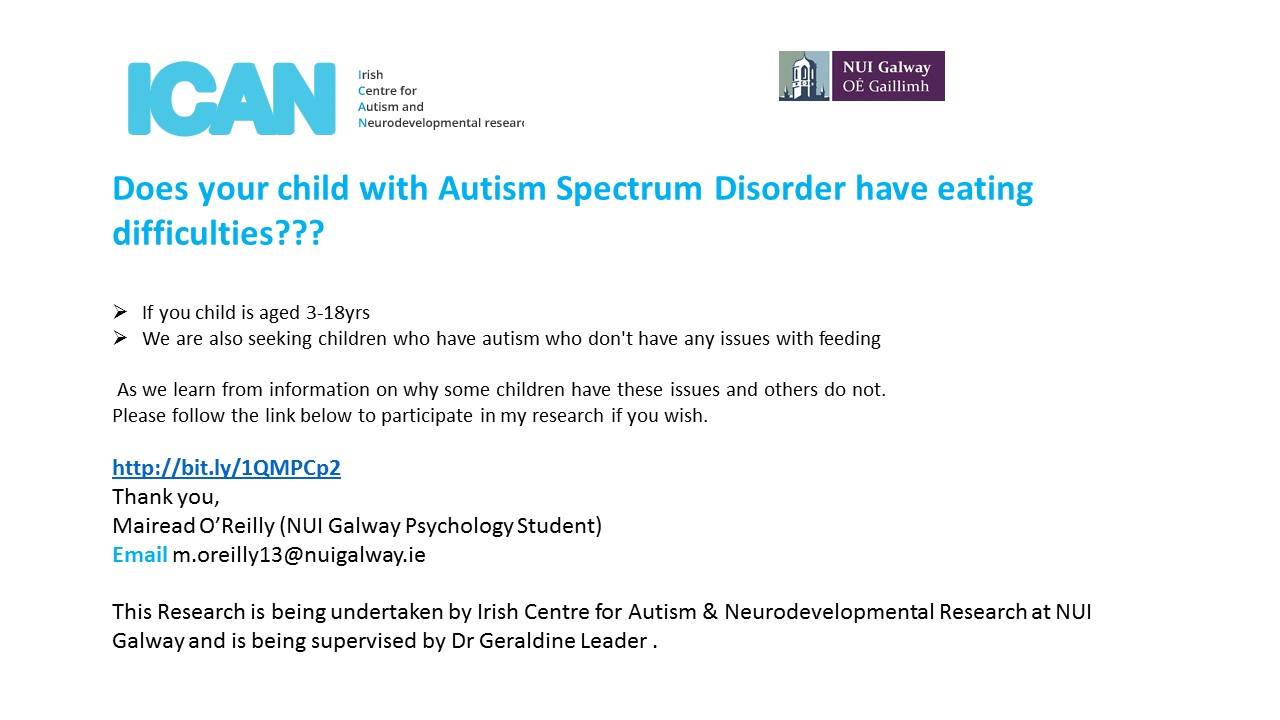 Hyperlexia – get informed[/caption]
Hyperlexia – get informed[/caption]
A few months ago on our Facebook Page AutismTalk one of our readers, named Lori, asked “Has anyone heard of Hyperlexia, my son is very smart but struggles with comprehension? Reads 7 grades levels above his grade yet comprehension is still at grade level! Looking for suggestions on how to help him?”
Now I have a confession to make up until I read the question I have never heard of Hyperlexia (which may often come with autism) so, as you can imagine I was fascinated by the responses.
To those, like me who are not familiar with the term Hyperlexia it is defined by Darold Treffert in the Scientific American as “the ability to read early” which when it presents itself in children on the autism spectrum “as a savant ‘splinter skill’ as one symptom of an autistic spectrum disorder. They read voraciously usually with astonishing memory for what they read, often accompanied by other memorization tasks and abilities, sometimes linked with number or calendar calculating abilities. There is marked obsessiveness and rigidity”.
It should been mentioned that Hyperlexia does not automatically come hand in hand with autism. Indeed one type (actually called Hyperlexia Type 3) is often misdiagnosed as ASD. Like its related condition Einstein Syndrome most children with a diagnosis developed in a fairly neurotypical fashion. But this is the subject for a future blog post.
But back to Lori’s question.
Quite of a few of our readers were happy to share their experiences. Amy, for example, was pretty confident of it being Hyperlexia when she remarked “If he taught himself to read at 2 I’d say its hyperlexia. Sounds a lot like my son.”
But Samantha wanted to know ““What tests were done for his comprehension? Maybe he can comprehend what he’s read, but he can’t express it written or verbally to explain what he read. Here’s what I mean; my 9 yr. old has Asperger’s. He has a 9th grade reading level. He was tested in 3rd and this year in 4th grade. After he reads, they give him a written test (this years was on the computer). He has a hard time gripping a pencil, so he doesn’t like to write. So he didn’t test well on the comprehension test in the 3rd grade because he didn’t want to write. So this year, they did computer testing and he also didn’t test well. I am guessing it is just because he didn’t want to do the test. He doesn’t like to be put on the spot and questioned and so he can’t explain verbally what he read about. So they stop the test and say that is his maximum reading level. But I know my son. I know he comprehends what he reads, even if he can’t pass a test about what he read. So what do you need to help your son with? He already reads 7 grade levels above his grade level. Then you don’t need to do anything. Here’s my advice: Sit back, relax, and be proud!””
Pamela gave some very useful advice “My oldest son (19) has Hyperlexia. Be sure to have appropriate goals and objectives in his IEP. There is a Hyperlexia group on FB that can offer a wealth of info. It is not just reading/comprehension….social skills and other factors can….may….will come into play. With proper supports (and making sure educators comply with IEP) he will thrive! My son is doing great at his university and totally independent.”
“I read all content, books, passages before my daughter does and note questions to ask throughout with reference to specific sentences. I then ask them, take her back to the sentence/paragraph and get her to explain how the person felt/what the science looked like etc. It’s a long process but now she knows she will be asked so she will read something then say ‘the boy was upset because his dog ran away’ it’s just a small portion of what she has read and she has ultimately ‘decoded’ the writing but knowing she will be questioned and I will go back through it with her is helping because ultimately she wants to read and then have the task finished. My daughter is 7 reads at the age of 14 and comprehends at the age of 3. It’s extra work and laborious and she HATES it but it works x x”” came the suggestion from Kerry.
But Stephanie shares “I would suggest reading the comprehension questions FIRST and then slowly reading the story and finding the answers, as he reads. This will eventually teach him what the comprehension questions usually consist of. Then, once he understands what information to look out for, he should be doing a little better. He may read more slowly, but at least he will understand what he’s reading. (I’ve dealt with this, my whole [reading] life.)”
We would like to end by sharing Michelle’s excellent suggestions “Please have Lori or anyone else who would like to know about Hyperlexia join us at : (just type this into your search bar, and request membership. I’ll approve you quickly.
Hyperlexia Parents Network on Facebook
A study from Nature Neuroscience offers new information on best practices for helping individuals with autism learn. The study shows that the traditional method of teaching through repetition may be flawed due to an ASD individual’s difficulty transferring knowledge from one context to another. In fact, the study indicates this teaching method may even be counterproductive to learning.
Also, here is a great website with so much information and articles, teaching aids, etc…: http://westwingpublishing.com/Hyperlexia_Parents_Network/Social_Media.html
You can also Google Treffert and Hyperlexia for a wonderful article about the types of Hyperlexia. My daughter is 12 and while we still struggle some, she’s doing great.”
So what next?
Well over to you. We are really interested in the views and experience of both people with Hyperlexia and their families and caregivers. Please do think in terms of the following questions but do bear in mind that anything you have to say will be of great interest to our readers.
- What were the original signs of Hyperlexia?
- How was it diagnosed/ were you told about it?
- What strategies did you put in place to help with the Hyperlexia?
- How successful were these strategies?
- What one bit of advice would you give to a person who has just been diagnosed with Hyperlexia? And to their families and caregivers?
Many thanks in advance for your help and we look forward to reading you comments.



